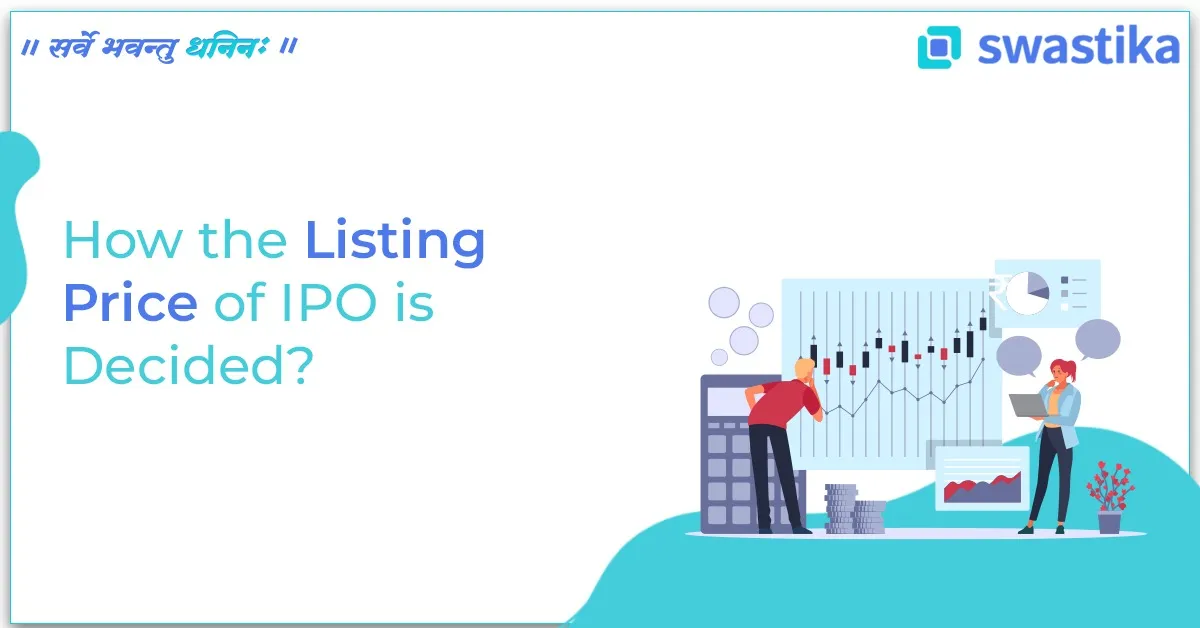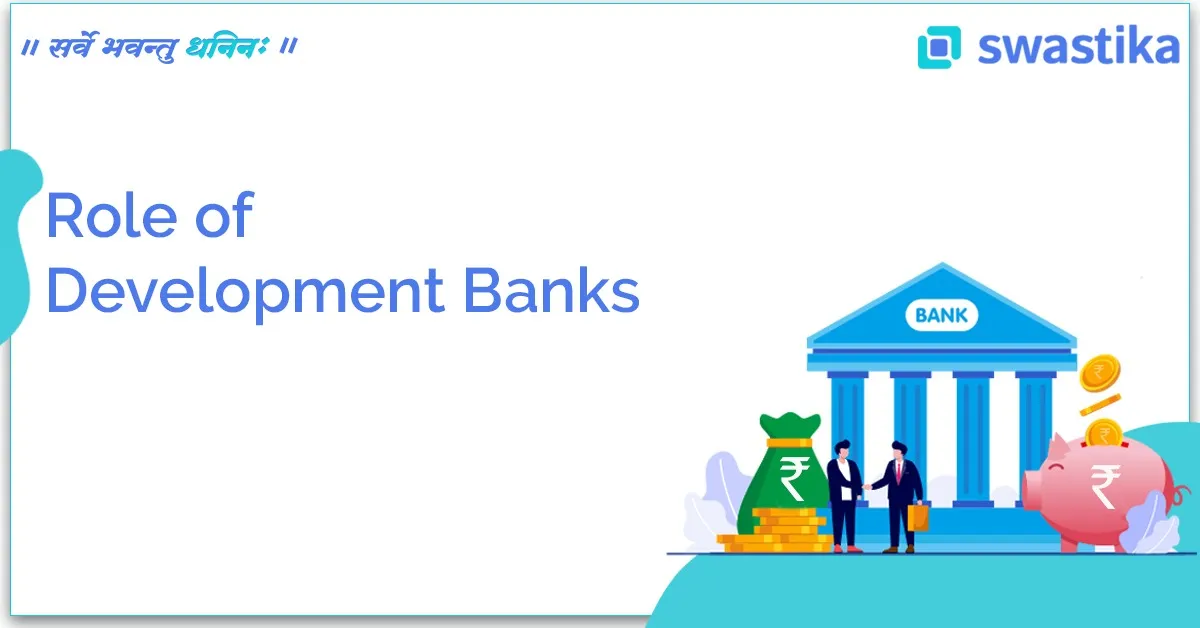Investing in stocks is not just about growing your personal wealth; it also plays a crucial role in supporting and enhancing the broader economy. Here’s how investing in stocks contributes to economic growth and development:
1. Capital Formation
When investors buy shares of a company, they provide it with the capital needed to expand its operations, develop new products, or enter new markets. This process of capital formation helps businesses grow and innovate, which can lead to increased productivity and economic growth.
Example:
- Reliance Industries: When investors purchase shares of Reliance, the company can use this capital to invest in its telecom or retail ventures, leading to expansion and job creation.
2. Job Creation
As companies receive investment through the sale of stocks, they often use these funds to hire more employees, expand facilities, or increase production. This directly contributes to job creation and reduces unemployment.
Example:
- Infosys: Investments in Infosys enable the company to grow its operations, which can lead to the creation of thousands of jobs in technology and related sectors.
3. Innovation and Technological Advancements
Investment in stocks allows companies to fund research and development (R&D) activities. This funding supports innovation and technological advancements, which can drive economic growth and improve living standards.
Example:
- Biocon: Investments in Biocon, a biotech company, support its R&D efforts, leading to the development of new medicines and therapies, which can have a positive impact on public health and the economy.
4. Enhancing Market Liquidity
Stock markets provide a platform for buying and selling shares, which enhances market liquidity. Liquidity refers to how easily assets can be bought or sold without affecting their price. High liquidity in the stock market facilitates efficient capital allocation and investment.
Example:
- Nifty 50: The Nifty 50 index includes top-performing companies in India, and its liquidity allows investors to buy or sell shares easily, supporting efficient market operations.
5. Wealth Creation and Consumer Spending
Investing in stocks can lead to wealth creation for individuals. When investors see their investments grow, they may have more disposable income to spend on goods and services, which boosts consumer spending and stimulates economic activity.
Example:
- HDFC Bank: When investors gain returns from HDFC Bank stocks, they might spend more on goods and services, contributing to economic growth.
6. Encouraging Savings and Investment
The potential for capital appreciation and dividends encourages people to invest rather than keep their money in savings accounts. Increased investment in stocks can lead to higher levels of savings, which provides more capital for businesses and contributes to economic stability.
Example:
- SBI Mutual Funds: By investing in SBI Mutual Funds, individuals can grow their savings and contribute to the capital available for business investments.
7. Supporting Government Revenue
Stock markets generate revenue for governments through taxes on capital gains and corporate profits. This revenue can be used for public services, infrastructure projects, and other economic development initiatives.
Example:
- Tax on Dividends: Dividends received from stocks are subject to tax, providing revenue for the government that can be used to fund public services and infrastructure.
8. Building Investor Confidence
A well-functioning stock market attracts both domestic and international investors. Confidence in the stock market can lead to increased investment flows, which support economic stability and growth.
Example:
- Foreign Institutional Investors (FIIs): FIIs investing in Indian stocks bring foreign capital into the economy, supporting business growth and economic development.
9. Facilitating Wealth Distribution
Stock markets can help in the distribution of wealth by providing investment opportunities to a wide range of people. This can reduce income inequality and contribute to a more balanced economic growth.
Example:
- Equity Participation: Companies offering Employee Stock Option Plans (ESOPs) allow employees to become shareholders, aligning their interests with company performance and distributing wealth more broadly.
Conclusion
Investing in stocks is integral to the functioning of a healthy economy. It supports capital formation, job creation, innovation, and market liquidity. By encouraging savings and investment, providing government revenue, and building investor confidence, stock markets play a vital role in economic growth and stability. Understanding these contributions helps investors appreciate the broader impact of their financial decisions on the economy.


.png)




.webp)
.webp)

.webp)






